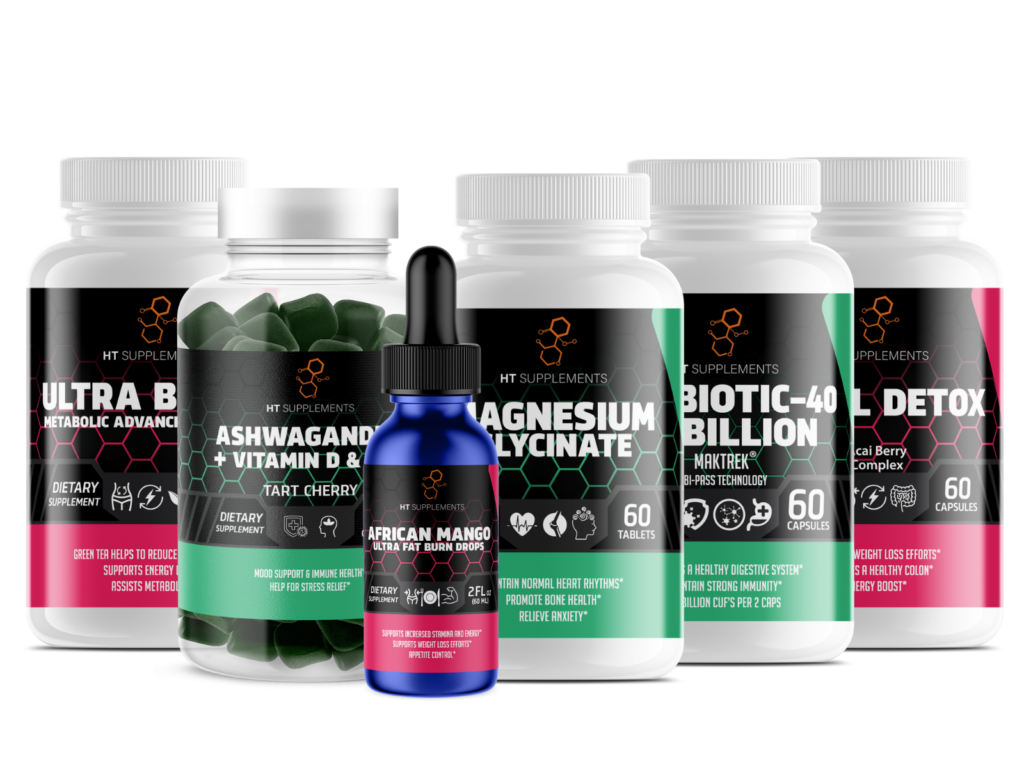Why Supplements Are Important for Chronic Fatigue
When dealing with chronic fatigue, your body often struggles to maintain energy due to inflammation, poor mitochondrial function, nutrient deficiencies, or stress. Supplements can play a vital role in:
- Supporting energy production at the cellular level.
- Reducing inflammation that contributes to fatigue.
- Improving nutrient absorption where deficiencies exist.
- Regulating hormonal imbalances that drain your energy.
Remember: Always consult your healthcare provider before adding supplements to your routine, especially if you have an autoimmune condition.
Top 7 Supplements for Combating Chronic Fatigue

- Magnesium
- Why It Works: Magnesium is essential for over 300 enzymatic reactions in the body, including energy production and muscle relaxation. It helps combat fatigue, reduce muscle cramps, and improve sleep quality.
- Best Form: Magnesium glycinate or magnesium citrate.
- Dosage: 200–400 mg daily, preferably in the evening to aid relaxation.
- Vitamin D
- Why It Works: Vitamin D supports the immune system, reduces inflammation, and enhances overall energy levels. Many people with chronic fatigue have low vitamin D levels, making supplementation crucial.
- Best Form: Vitamin D3 paired with K2 for better absorption.
- Dosage: 1,000–5,000 IU daily, depending on your blood test results.
- Coenzyme Q10 (CoQ10)
- Why It Works: CoQ10 is an antioxidant that helps improve mitochondrial function, the powerhouse of your cells. It’s especially beneficial for boosting physical and mental energy.
- Best Form: Ubiquinol (a more bioavailable form).
- Dosage: 100–300 mg daily with meals.
- Ashwagandha
- Why It Works: This adaptogenic herb helps regulate cortisol levels, reducing stress-induced fatigue. It also supports adrenal health and enhances physical endurance.
- Best Form: Ashwagandha root extract (standardized to 5% withanolides).
- Dosage: 300–600 mg daily, preferably in the morning or early afternoon.
- B-Complex Vitamins
- Why It Works: B vitamins (especially B12, B6, and folate) are crucial for energy production and nervous system function. A deficiency in B12 is often linked to fatigue.
- Best Form: A methylated B-complex supplement.
- Dosage: Follow the recommended dose on the product label.
- Omega-3 Fatty Acids
- Why It Works: Omega-3s are anti-inflammatory powerhouses that support brain health, reduce fatigue, and improve mood. They’re particularly helpful for those with autoimmune conditions.
- Best Form: Fish oil (high in EPA and DHA) or algae-based omega-3 for vegans.
- Dosage: 1,000–2,000 mg daily.
- L-Carnitine
- Why It Works: L-Carnitine helps transport fatty acids into your mitochondria, where they’re converted into energy. It’s particularly beneficial for improving exercise endurance and reducing physical fatigue.
- Best Form: Acetyl-L-carnitine.
- Dosage: 500–2,000 mg daily, taken in the morning.
Other Supplements to Consider
- Turmeric (Curcumin): For reducing inflammation.
- Probiotics: To support gut health and improve nutrient absorption.
- Zinc: To strengthen the immune system and combat fatigue.
- Melatonin: For improving sleep quality, especially if insomnia is part of your fatigue.
How to Get the Most Out of Supplements
- Combine Them with Healthy Habits: Supplements work best when paired with a balanced diet, regular exercise, and proper sleep.
- Start Small: Introduce one supplement at a time to monitor its effects.
- Stay Consistent: Consistency is key to seeing long-term improvements in your energy and overall health.
- Check for Interactions: Consult your doctor to ensure the supplements won’t interact with any medications you’re taking.
Takeaway
Chronic fatigue doesn’t have to control your life. By incorporating targeted supplements into your routine, you can restore your energy levels, improve your health, and reclaim your vitality. Remember, it’s all about creating a personalized plan that works for you—and I’m here to guide you every step of the way.




